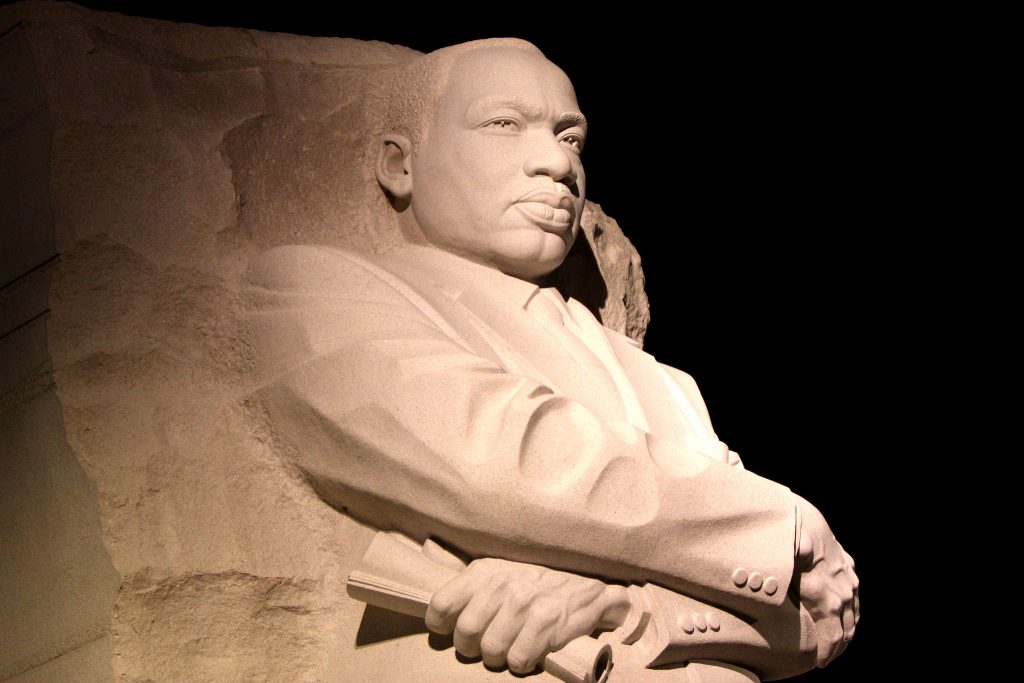14 Fascinating Facts about February
February 21, 2019
February is the shortest month of the year (even in leap years, when it has 29 days instead of 28), but there’s no shortage of interesting facts about it. From weird holidays to astronomical oddities, this month has a bit of everything.
So with a nod to what February is perhaps best known for—Valentine’s Day on Feb. 14—here are 14 things we bet you didn’t know about the second month of the year.
- February (do you see that extra “r”?) is one of the most frequently misspelled words in the English language. In 2015, even the White House press office got it wrong—several times over the course of the month.
- For more than 40 years, February has been Black History Month. The precursor to Black History Month, however, is a lot older. Black leaders in 1926 dedicated the second week in February to the recognizing the history of African-Americans—a week chosen to coincide with the birthdays of Abraham Lincoln (Feb. 12) and Frederick Douglass (Feb. 14).
- It’s the month for a lot of other causes, too. February also marks American Heart Month, along with some other “months” you might not recognize: Canned Food Month, Grapefruit Month, Hot Breakfast Month, and our favorite, Return Shopping Carts to the Supermarket Month.
- February got its start as a spring-cleaning festival. Well, kind of. It’s named after one: “Februa” was an early Roman festival and cleansing ritual held on Feb. 15.
- It’s the only month that can pass without having a full moon. That doesn’t mean February never has a full moon—it usually does, as a matter of fact. The last time it didn’t was 1999. The next time it won’t have a full moon? 2037!
- Groundhog Day—Feb. 2—is based on a German superstition. In Germany, though, it’s not a groundhog that forecasts either an early spring or a longer winter: It’s a badger.
- Febuary is the only month that gets longer every four years. Sure, everybody knows about leap years, and most know why we have them. But did you know that every so often, we need a “leap second,” too? This is typically added to Coordinated Universal Time in June or December, because of irregularities in our planet’s rotation.
- The odds of being born on Feb. 29 are about 1 in 1,461. If you’re born on a leap day, you’re typically known as a “leaper” or “leapling.” And depending on where you live, Feb. 28 or March 1 is considered your birthday in non-leap years.
- We misspelled “February” in item No. 7. Did you catch it?
- Valentine’s Day did not start on a romantic note. According to historians, the day now synonymous with “love” probably began as a pagan fertility festival in ancient Rome. We’ll leave it at that, because some of the other details are disturbing.
- And maybe it’s more commercial than romantic now, anyway. It’s estimated that Americans spend more than $18 billion on gifts, chocolate and more for Valentine’s Day.
- Valentine’s Day isn’t just about humans, either. Almost 9 million people in the U.S. buy their dogs gifts or cards for Valentine’s Day.
- The first Sunday in February is Super Bowl Sunday (at least for the foreseeable future). It wasn’t always that way—until 2001, the game was played in January. But we’d say that’s a pretty good way to kick off a month.
- Speaking of that, February is National Snack Food Month as well. Way before the Super Bowl took over the first weekend of February, the month was pretty slow for snack sales—and National Snack Food Month was born. We’re guessing sales are up a little bit now.
Reposted with permission from the original author, Safeco Insurance®.
Top image by Flickr user Gage Skidmore used under Creative Commons Attribution-Sharealike 2.0 Generic license. Image cropped and modified from original.
